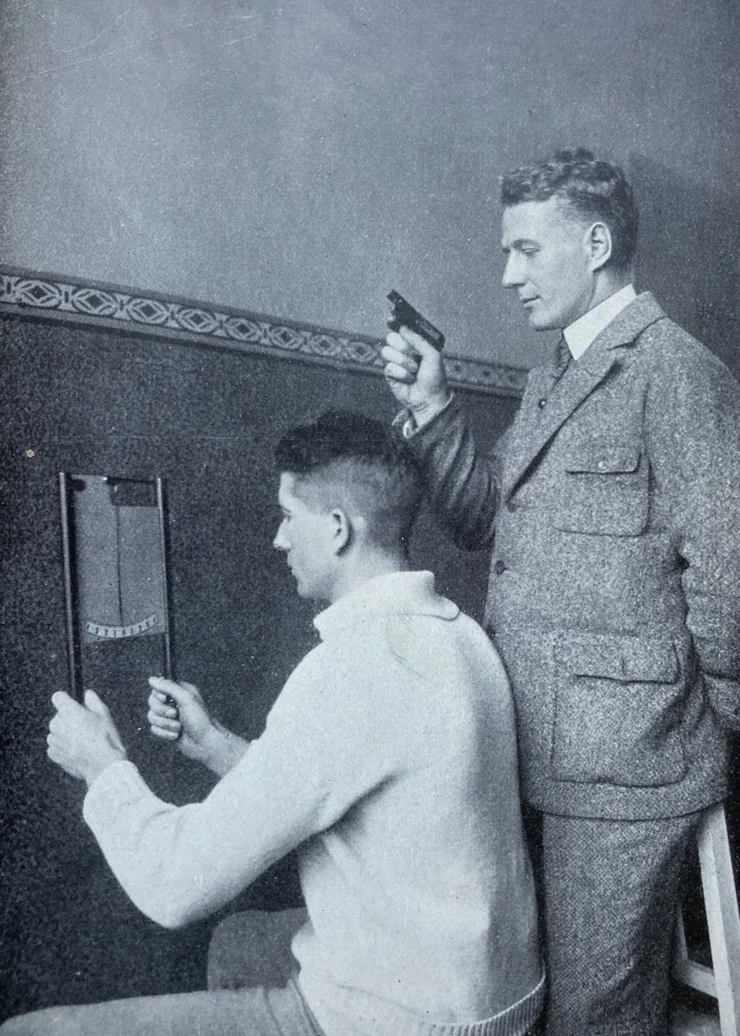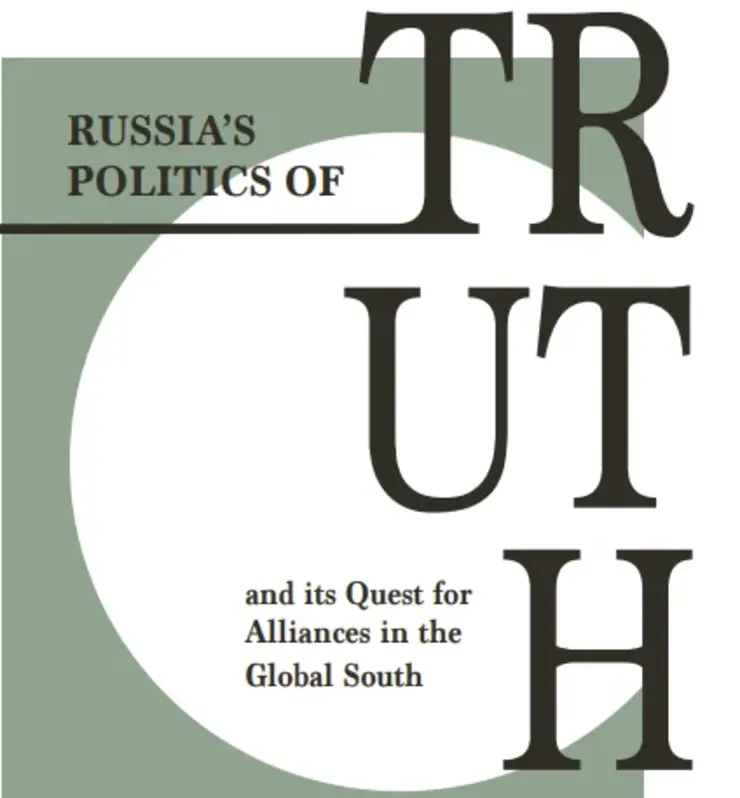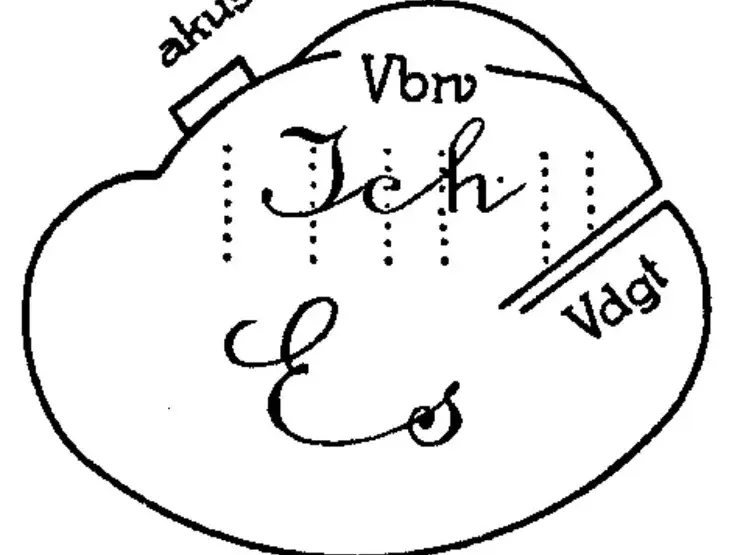
The research focus combines various projects on the history of (social) psychology. Nora Binder completed her doctorate on Kurt Lewin's field psychology and is currently working on the topic of social competence. Towards an epistemology of the interpersonal in the 20th century. Yves Hänggi completed his doctorate in Basel/Erfurt on psychological longitudinal studies in the 20th century. Sandra Janßen completed her doctorate on the history of knowledge of imagination phenomena and subject concepts in 19th and early 20th century psychology and literature and is currently finalising her habilitation thesis on the totalitarian subject in psychology, political theory and literature of the 1930s and 1940s. Bernhard Kleeberg is researching balance, dissonance and conformity in mid-20th century social psychology and the early history of consumer psychology. Verena Lehmbrock works on East German social psychology and its transnational interdependence as well as the polyvalence of its interventions between the individual and society. Ricardo Neuner completed his doctorate in Konstanz/Erfurt on the influence of American consumer psychology on economic thinking. Carolin Piotrowski is completing her doctorate with the thesis Wanyamwezi. Biography of a Song, 1900-1914 on the interweaving of psychology and (music) ethnography. Carola Oßmer is doing her doctorate on the invention of the normal child through research into developmental norms since the beginning of the 20th century.
Since 2017, an annual workshop for experts and young researchers on the history of the sciences of the psyche has been organised in cooperation with the Forum Geschichte der Humanwissenschaften. More information
In January 2024, the DFG-funded academic network Wissensgeschichten des unverfügbaren Selbst. Individual and Collective Subject Figures in Psychology, Sociology, Ethnology and Cultural Studies 1850-1980swill begin itswork.

Habilitation project | Johanna Hügel
The aim of the project is to analyze these deeper narratives and strategies that underlie the profound restructuring of reality and social belonging in the Russian Federation. Methodologically, the project draws in particular on approaches from political epistemology and praxeology. Such an analysis of the epistemological level of current Russian politics is not only indispensable for understanding the processes within the Russian Federation, but also for deciphering the appropriation of postcolonial theory by the global New Right. It can also provide approaches for analyzing why parts of the global left and the decolonial school do not clearly distance themselves from Putin's regime. The appeal of this rhetoric points to the legacy of Europe’s colonial past ... More

Habilitation project | Sandra Janßen
The study aims to show that one of the central elements of totalitarian discourses in the 1930s and 1940s was a conception of the subject whose epistemological foundation can be inferred from contemporary psychological knowledge. According to the thesis, the fact that this subject can be addressed as a 'totalitarian' one implies a constitution that can by no means be defined solely in political terms. It is assumed that models of subjectivity that can be described in terms of the history of knowledge are relevant for the political theory of this period, as they also permeate imaginative forms of political and social participation. This epistemic connection is particularly evident in the literature of the period under investigation: in it, psychological and political understandings of the subject come together and corresponding forms of 'subjectivation' are staged.

PhD project | Meike Katzek
A description of Meike Katzek's doctoral project will follow shortly.
PhD project | Erik Kaiser
The aim of the research project is to produce a history of knowledge and media of the knowledge culture of pre-astronautics from the late 1960s to the end of the 1980s. Pre-astronautics was and is a parascientific branch of research, predominantly carried out by amateur researchers, which supports the hypothesis that the earth was visited in the past by extraterrestrial space travellers who had a significant influence on the biological, cultural and technical development of mankind. It can be described as an esoteric-technical system of knowledge based on speculative assumptions with a claim to explain the world, which can be seen in the context of the counter culture at the beginning of the 1960s and united political, religious and scientific counter-models to the prevailing thought structures of the time... More

Habilitation project | Alexei Lochmatov
My project, funded by the German Research Foundation (DFG), deals with the question of how ‘intelligence’ has become one of the central research objects in both the natural and social sciences. Within this project, I intend to investigate the political and social factors that catalysed the rapid development of the discourse of intelligence in the 20th century. My idea is to explore this phenomenon in relation to central ‘sociological’ categories such as social grouping, morality, stability, and normality. I will also examine how the scientific authority of intelligence ... More
Habilitation project | Antonia Purk
The research project investigates the connection between "foodways" (including the consumption and preparation of food, as well as texts about it) and "racialisation" in 19th century American literature. With a view to both "whiteness" and "comparative racialisation", the project considers food as part of a signifying system on the one hand, and the performativity of interactions with food and how these are linked to attributions of different group affiliations on the other. More
PhD project | Sebastian Ripl
With my research project on Manès Sperber, I will analyse the life and work of Manès Sperber historically and contextually. Born in 1905 to a Jewish family in the eastern Galician town of Zablotow, Sperber's family fled to Austria during the First World War. In Vienna, the young Sperber joined the Hashomer Hazair and met Alfred Adler, the founder of individual psychology. After moving to Berlin, where he lived until Hitler came to power, Manès Sperber rose to become Adler's "master pupil" within the individual psychology movement. Sperber also became an active member of the Communist Party in Berlin. In exile in France, he left both individual psychology and communism behind him and developed ... More

Research project | Serhii Zhabin
This project examines research on Artificial Intelligence conducted by the fellows of the Kiyv Institute of Cybernetics in the 1950s - 1980s. The focus of this project lies on the aspiration to reach a "digital immortality" and the cultural background of this undertaking. Based on the unique sources from the private archives of the key figures of Ukrainian cybernetics as well as a considerable number of the interviews with their relatives, colleagues, and students, this project explores the practical application of the concepts of intelligence, creativity, and personality in the field of computer sciences. The project contains two parts: The first one deals with the technical aspects of this topic. The second one explores the organisation of public outreach for the ideas of Kiyv cyberneticians. Building on the existing historiography and, at the same time, contrasting it, this project makes the quest for immortality the framework for exploring the history of Ukrainian computer sciences and thus opens a new perspective on both the history of cybernetics and on that of the intersections between scientific and popular discourses in Ukraine during the second half of the 20th century.